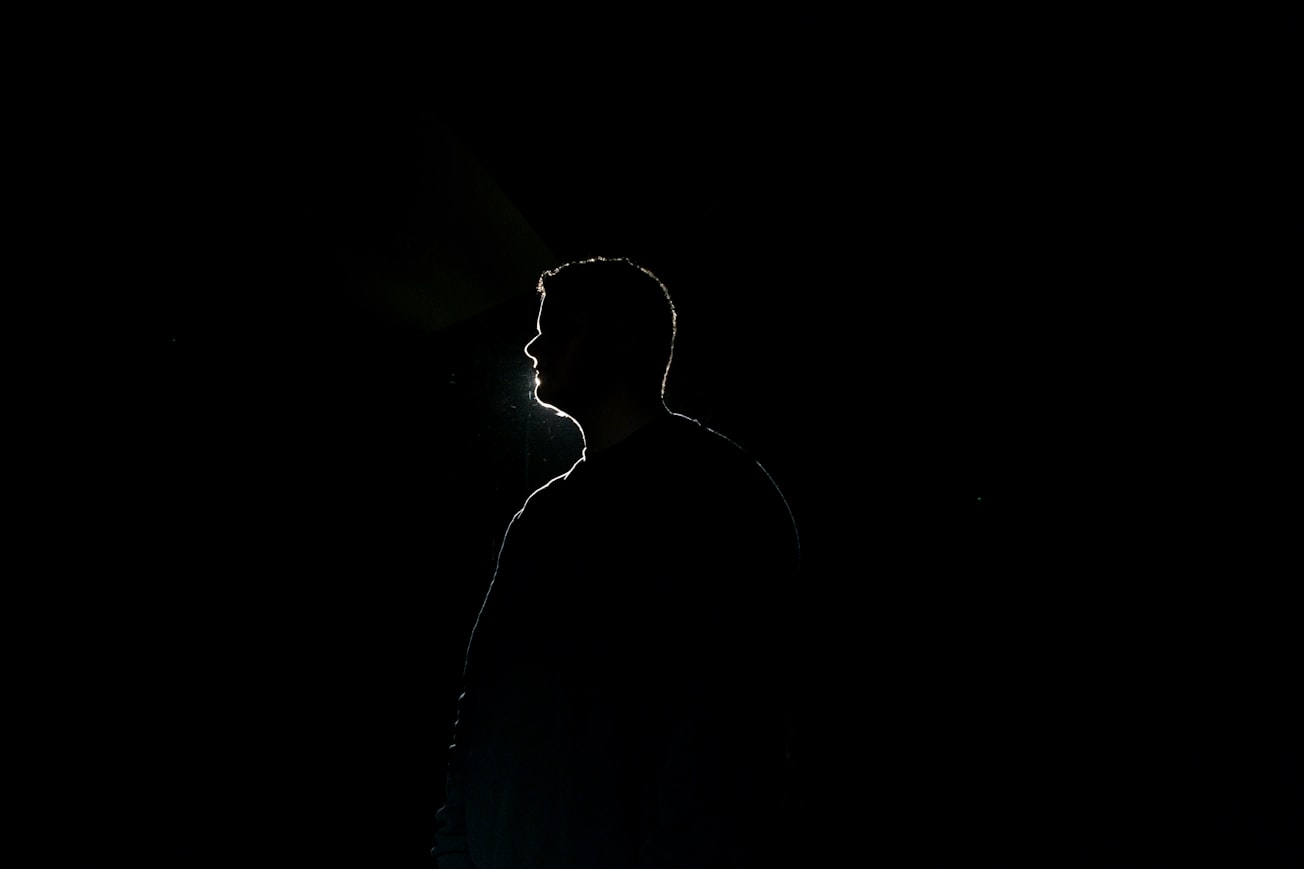What is it about?
This article deals with the very first official East-Berlin production of a play by Samuel Beckett, in 1986, in the highly symbolic G.D.R place: the Palace of the Republic. This event announced the end of the severe censorship Beckett has been facing.
Featured Image

Photo by Sergi Dolcet Escrig on Unsplash
Why is it important?
The very production of a Beckett play in East Berlin put an end to censorship against Beckett. However, David Leveaux et Ekkehard Schall did not stage, as one would expect, Waiting for Godot, but Krapp’s Last Tape. Moreover, as if the political atmosphere of the latent fall of the Berlin Wall did not allow a play by Beckett to be staged alone, Krapp’s Last Tape was coupled with the famous epic poem by Brecht, «The Rearing of Millet».
Perspectives
During this event, two famous playwrights, two radically opposed characters and two political blocs are thus engaged in dialogue. The production is rather remembered for its political resonance than for its dramaturgical value.
Alice Clabaut
Universite Paris-Sorbonne
Read the Original
This page is a summary of: Beckett & Brecht au Palais de la République, Samuel Beckett Today / Aujourd’hui, August 2022, Brill,
DOI: 10.1163/18757405-03402008.
You can read the full text:
Contributors
The following have contributed to this page







